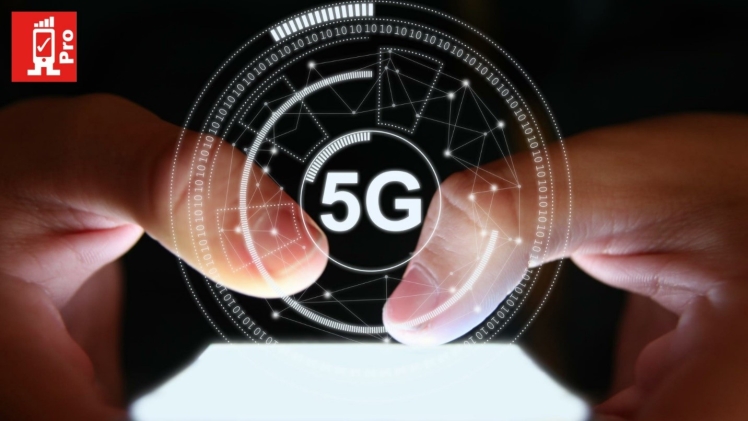Private 5G mobile network is a non-public mobile network tailored to serve specific needs, use cases, security, and control of enterprises. Telcos are using top-notch 5G network testing equipment and tools & 5G speed tests tools, cost-effective RF drive test tools to build and secure the network. They are assisting multiple enterprise sectors such as oil and gas, manufacturing, maritime ports, mining, and logistics companies to create a 5G private mobile network to its size for operating industrial IoT applications, communicate with global partners to seamlessly facilitating their business continuity. Ensuring network security is what network engineers should be mindful of due to its mission-critical use cases deployed in enterprises. Around 68% of mobile network operators deploy 4G/5G private networks for only enterprise customers and the remaining operators plan to unveil them by 2025.
Digital transformation is imperative for businesses to enhance their business efficiency and turn it into positive ROI. With 5G, business leaders anticipate exponential growth in the upcoming years. 5G enables modern use cases with faster transmission speeds, serves mission-critical communication due to its low latency feature, connects a huge network of IoT devices. All this can be achieved using the new wireless technology making it the top choice for CEOs/CXOs to deploy 5G and get the utmost benefits. However, building your own private 5G/LTE network is not easy and involves various cybersecurity risks. Further, adding IIoT devices, propelled by 5G capabilities like ultra-low-latency, hyper scalability, predictability, and agility make it more complex.
How can organisations build a secure private 5G network?
Enterprises should initiate private 5G network plans by evaluating their cyber maturity and build awareness among the staff with the latest skills and technology needed to identify and block cyber threats. Hence, it is of paramount importance to keep security as the priority in the list of requisites while developing the network. Below are the key pointers to consider when deploying a proper secure private 5G network:
If You Need More Information Visit mypetnews
- Micro-segmentation and control of access for a multitude of production networks and devices are the foremost aspects of security to be considered. Security in place will ensure protection against threats, limit their impact and progress.
- In order to not hamper the production chain, regular updates of industrial devices are avoided. This ultimately makes such devices vulnerable for a long period which may be several months. In such situations, having a security infrastructure will provide a virtual security patch by prohibiting the exploitation of vulnerabilities until devices are updated.
- Low latency is another prime aspect as slowing down a process by a few extra milliseconds can bring a halt to the entire production chain. The transmission will occur late leading to a delay in the time to market to the consumer. Hence, it is to be noted that transmission should occur in less than a millisecond to get significant positive results and this feature can be acquired using 5G technology.
- Lastly, the elements of security should have a very low footprint and even work in conditions of humidity or high temperature which demands ruggedised solutions.
Industries seek wireless flexibility with private 5G
The fluctuating supply and demand market across the globe, in addition to the effect of COVID-19, made non-stop and scalable connectivity solutions essential to stay relevant. With the development of private 5G, enterprises can scale the network to cover a large geographical area, connect more devices enabled with higher capacity whenever required. The deployment size of the private 5G is dependent on enterprise requirements to suit their business needs. Businesses can run their networks and integrate them with IT and operational systems via an open API. Built on the cloud server, enterprises can manage processes from the cloud and automate software updates at regular intervals to avoid risks. Consequently, companies can optimise operations and become flexible. The technology allows to interconnect machines without the use of cables and is completely wireless bringing high quality, fast and secure connectivity and mobilising efficiency, and improving safety.
Conclusion
It is a known fact that industrial factories, logistics hubs, maritime ports are very attractive targets of Denial-of-Service (DoS) attacks, DNS tunnelling, ransomware attacks, spying of industrial activities, and many more. Industrial players and mobile network operators are aware of it and making cybersecurity a key component of their private 5G network. With cybersecurity, they can avoid risking losses which is greater than the amount invested in building networks or significant returns, the private 5G is bringing. Having said that, segregation, access control, and wide visibility of the network are crucial to secure a private 5G mobile network. You can find out more if you click here https://techktimes.com/
bdmusic35 is an Bangladeshi Popular Music website 2022
Read More About: Vega movies

